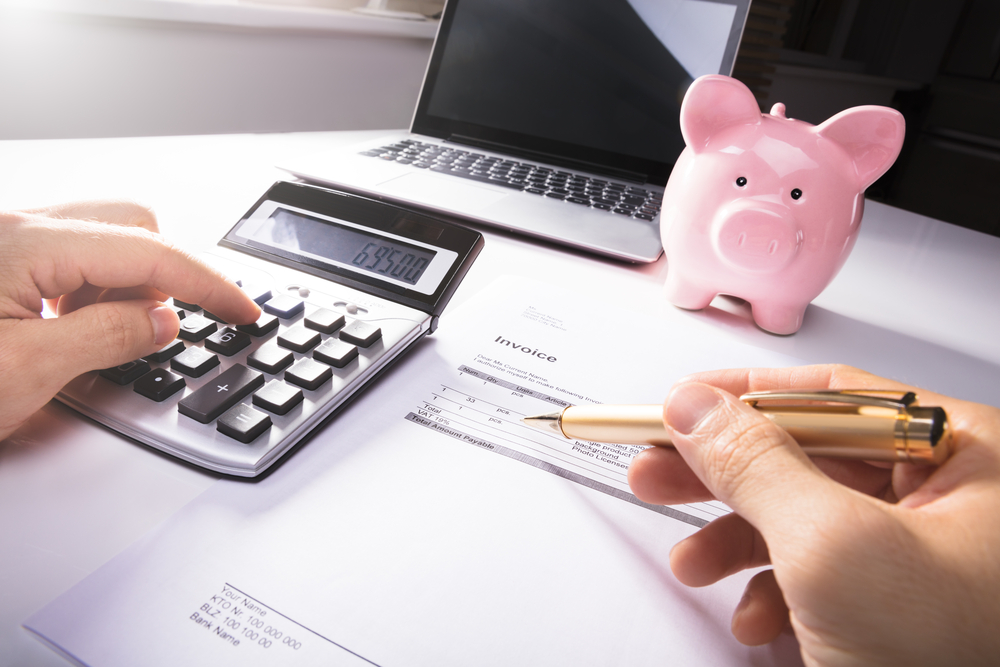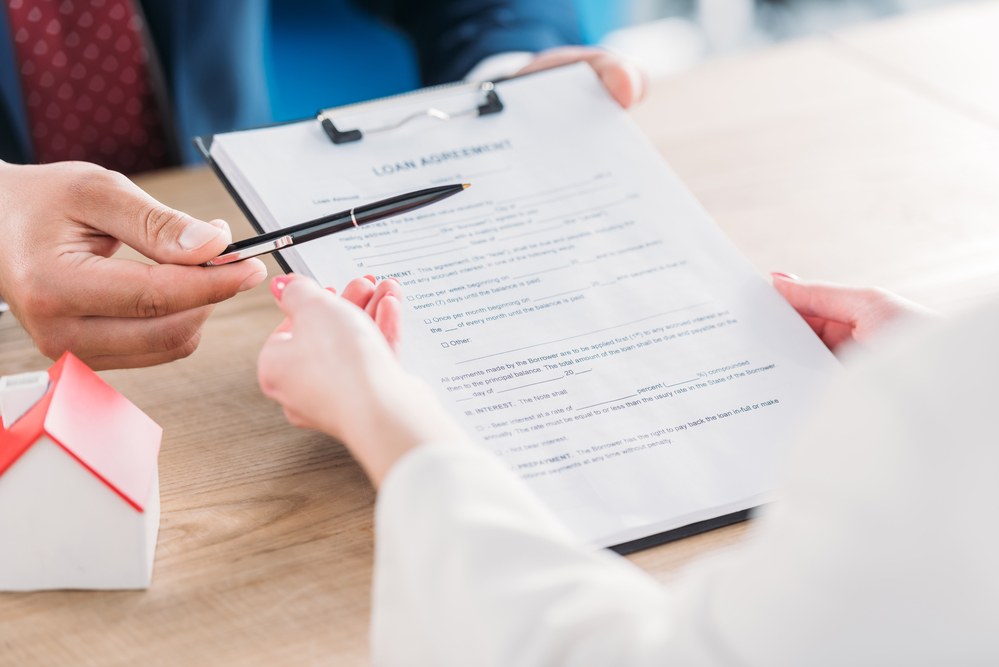If you are looking for a new bank or wonder whether your bank is the best, then you may be thinking about what features you should be looking out for with regards to finding the best bank. It can be tricky because it is not something that we generally do that often or talk about with other people. However, there are several things that you can try which could help you.
Consider What you Want
It is wise to start by thinking about what it is that you are looking for in a bank. If you are with a bank already then you can think about what you like and dislike about them. This will enable you to start putting together a list of features that you want. You may feel that there is no way you will get everything you want, but get it all written down and then you will be able to find the bank that is closest to your needs.
Look at the Differences Between Banks
It is a good idea to think about the ways that banks differ and you will be able to use these to compare them and then it will help you to decide which is the best. This can link in to the list of requirements that you have but it may also open you up to new ideas about what you should be looking for in a bank.
- Costs – banks offer different services and they charge for most of them and therefore it is worth investigating their charges and how they compare. Obviously, you will not be using all of their services and so you need to compare the ones you will be using. Think about overdrafts rates, credit card charges and things like this as those are things you are likely to be using with the bank. The loans and mortgages might be relevant as well, but most people do always use their bank for these but shop around so that they get the best possible deals.
- Interest – it is also good to look at savings interest. Many people have an instant access savings account with their bank so that they can keep some money available to transfer quickly into their current account if they are getting low on funds. If you do something like this, then note the interest rates on the savings accounts. Rates are low everywhere on interest access accounts but you may find there are some that are better than others and so it is worth investigating this.
- Products – there might be certain products that you are specifically interested in and if this is the case then you will need to make sure that the bank that you are with will provide what you need.
- Branch/phone/online – also think about how you would like to bank. Some people like to use a branch, some like to do telephone banking and others like to bank online. It is important to make sure that you will be able to bank in the way that suits you the best and therefore you need to check this out. Do not assume that you will be able to use a specific method, you may find that certain accounts can only be managed in a very precise way. For example, even if you have a local branch, you may find that there are some accounts which have to be managed online, so do check this out.
- Reputation – it is important to find out a bit about the bank and what they are like. Asking a few people what they think of them and look at a few reviews so you have an idea of this.

